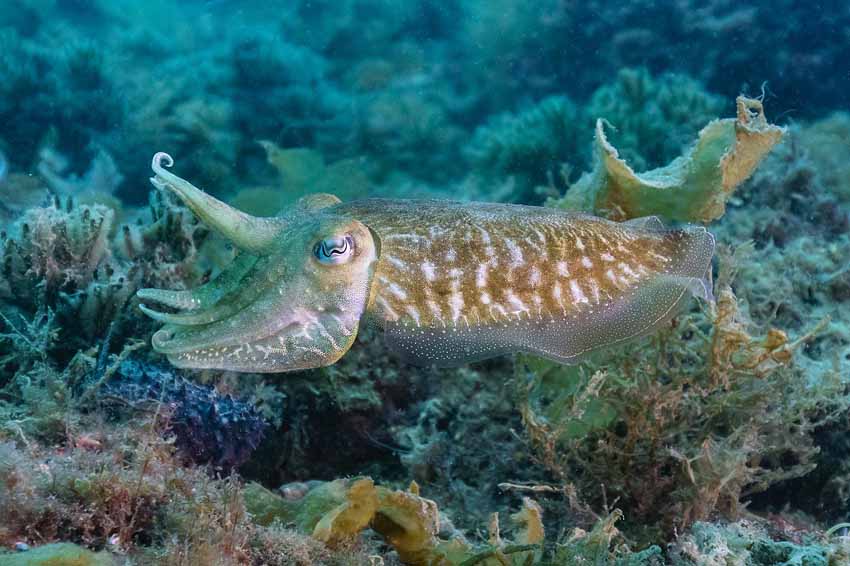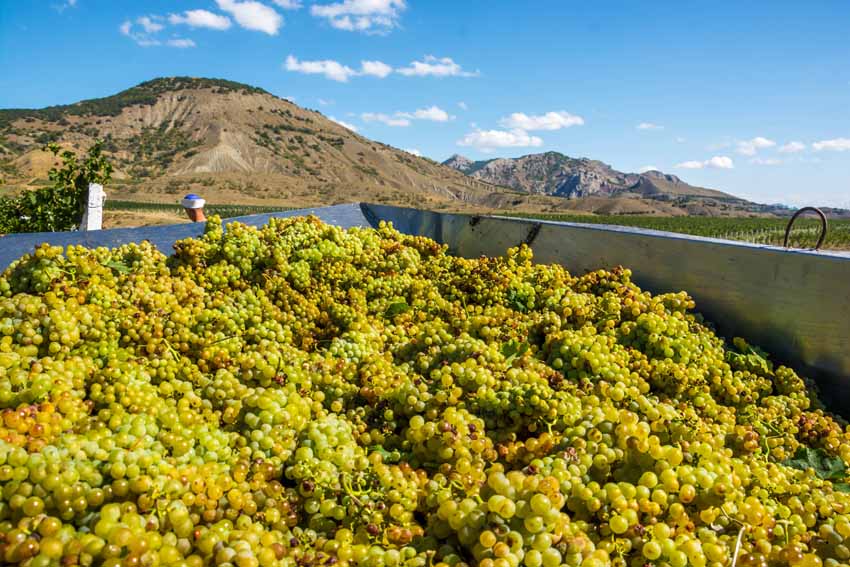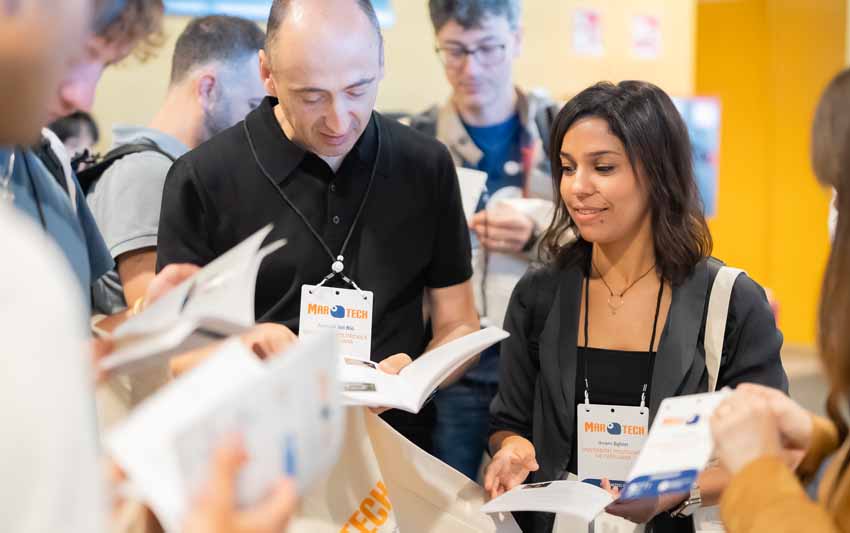AZTI consolidates its presence on the scientific committee that advises the EU on fisheries
Últimas noticias
Una mirada LGTBIQ+ al reino animal
Circular Economy in Action: Valorisation of By-products through Projects like PRIMA NEWFEED
Strategic Perspectives: Highlights from the Food4Future World Summit for Business Leaders
- Leire Ibaibarriaga, Andrés Uriarte and Raúl Prellezo, researchers of the technology centre, have been selected as members of the Scientific, Technical and Economic Committee for Fisheries (STECF)
- With these appointments, AZTI’s representation on the committee reaches 10%, reinforcing it as the entity with the greatest presence in a European body.
Derio, on 5th June 2019. – The AZTI researchers, Leire Ibaibarriaga, Andrés Uriarte and Raúl Prellezo will be members of the Scientific, Technical and Economic Committee for Fisheries (STECF) for the next three years. With these appointments, AZTI’s representation in the European institution is around 10%, a figure that reinforces the Basque entity as the organisation with the greatest presence in the committee.
The incorporations consolidate the importance of AZTI in the international organisation that it has interruptedly formed part of since 2007. Leire Ibaibarriaga and Andrés Uriarte will be participating in this committee for the first time, whilst Raul Prellezo was re-elected during the last selection process, revalidating his presence for another three years. Over the last three years, in addition to Prellezo, another two AZTI researchers also formed part of the European organisation.
Thus, three researchers will advise the European Union (EU) on fisheries, together with a team of experts in areas such as marine biology, marine ecology, fisheries science, fishing technology and fisheries economics. The scientific personnel of the committee will thus solve the questions posed by the European Commission to develop the Common Fisheries Policy (CFP) in areas related to the conservation and management of marine living resources, including biological, economic, environmental, social and technical aspects.
“Hundreds of European scientists have competed to form part of the committee, but DG Mare (the directorate general responsible for EU policies on maritime affaires and fisheries), has only chosen 34 people, among whom are our researchers”, Xabier Irigoien, scientific director of AZTI has pointed out.
Índice de contenidos
Highly-experienced scientists
The presence of AZTI on this European committee confirms the entity’s high specialisation in research geared towards the sustainability of the marine medium and of its fishery resources.
“AZTI scientific personnel are already participating or leading different scientific committees in areas related to our research fields. We would highlight the scientific presidency of the Indian Ocean Tuna Commission (IOTC) and the work as EU representatives before the fisheries management organisations such as the IOTC, the the International Committee for the Conservation of Atlantic Tunas (ICCAT), the Inter-American Tropical Tuna Commission (IATTC) and the Western and Central Pacific Fisheries Commission (WCPFC) ”, Irigoien points out.
Further, these appointments are an acknowledgement of the track records of the scientists selected. On the one hand, the researcher, Leire Ibaibarriaga works in the field of statistical modelling applied to fisheries science. Moreover, she is specialised in the evaluation of populations, advice in the management of small pelagic fish, and the development of species distribution models.
Andrés Uriarte, on his part, has been responsible for the scientific monitoring of pelagic fish of the Basque Country since 1987, collaborating in the working groups of the International Council for the Exploration of the Sea (ICES) on small pelagic fish. His experience covers fisheries monitoring programmes, direct evaluations by means of campaigns and the comprehensive evaluation of fisheries resources.
Finally, Raúl Prellezo, who will repeat another three years on the European committee, has a PhD in Economics and more than 20 years’ experience in economic research. He also currently chairs the European Association of Fisheries Economics (EAFE).
About the Scientific, Technical and Economic Committee for Fisheries (STECF)
The STECF is the body that the European Commission must address to develop the Common Fisheries Policy (CFP) on questions relating to the conservation and management of marine living resources, including biological, economic, environmental, social and technical aspects.
In cooperation with civil servants from the European Commission, the committee can create subgroups (working groups of experts), whose meetings guest experts may also attend.







